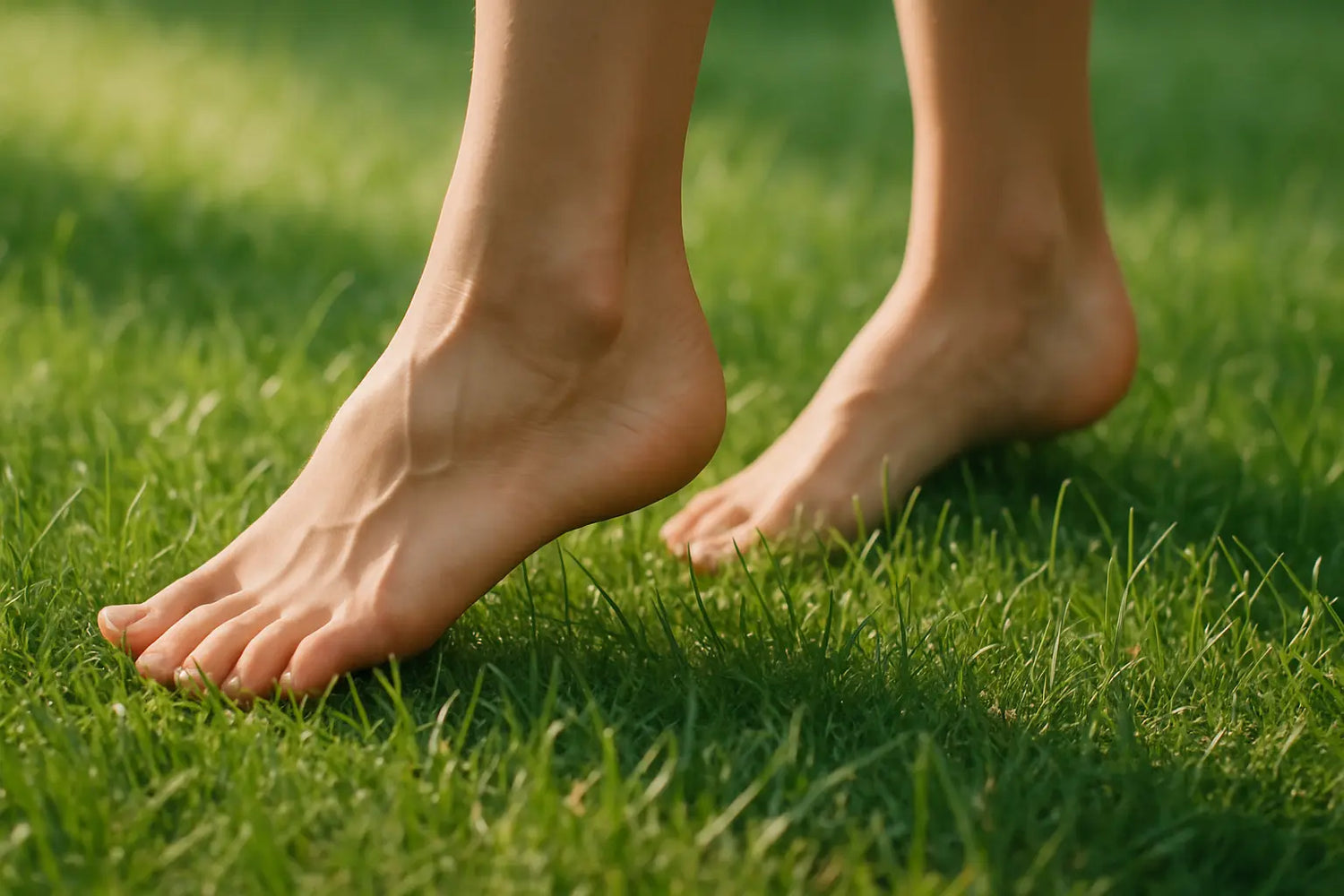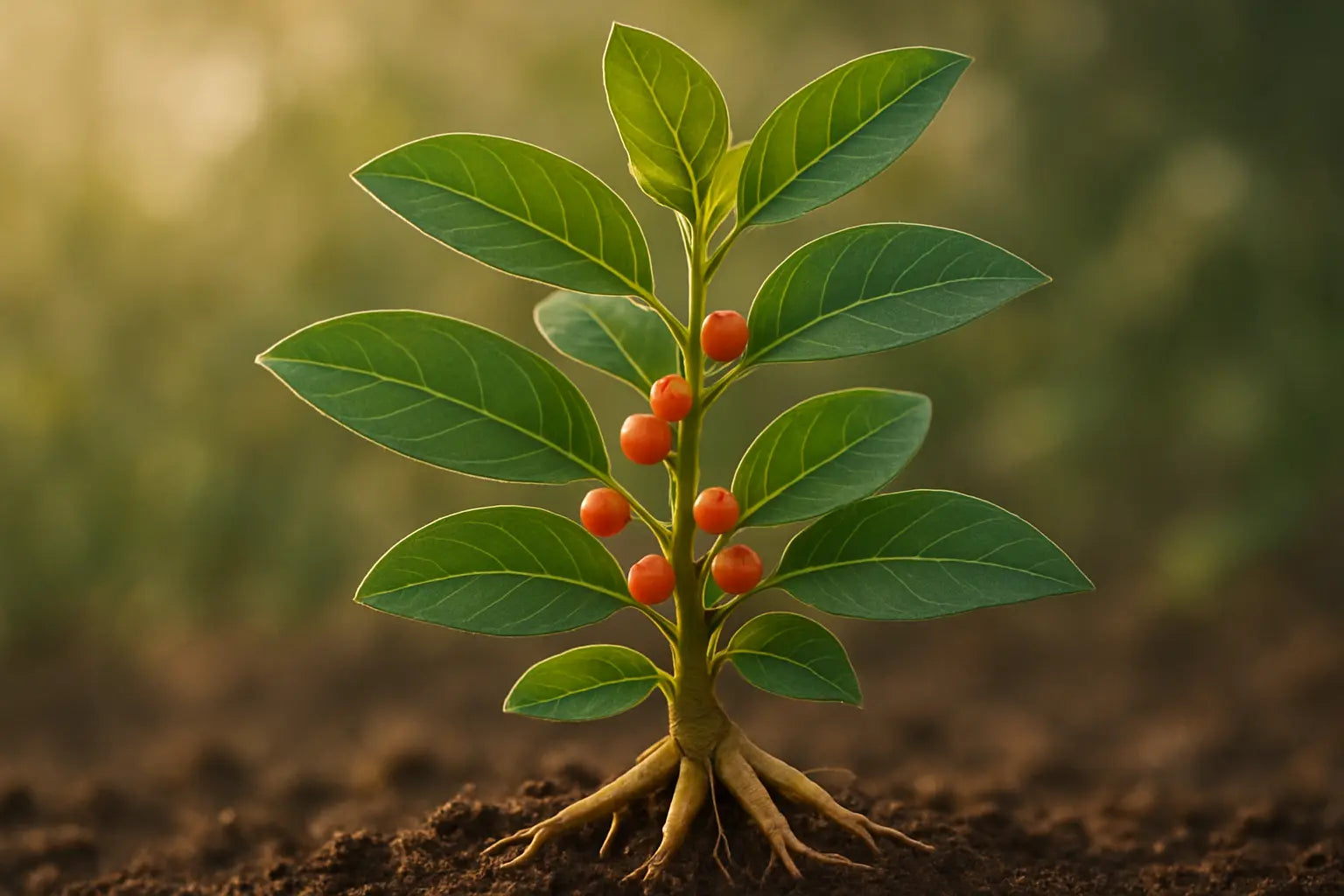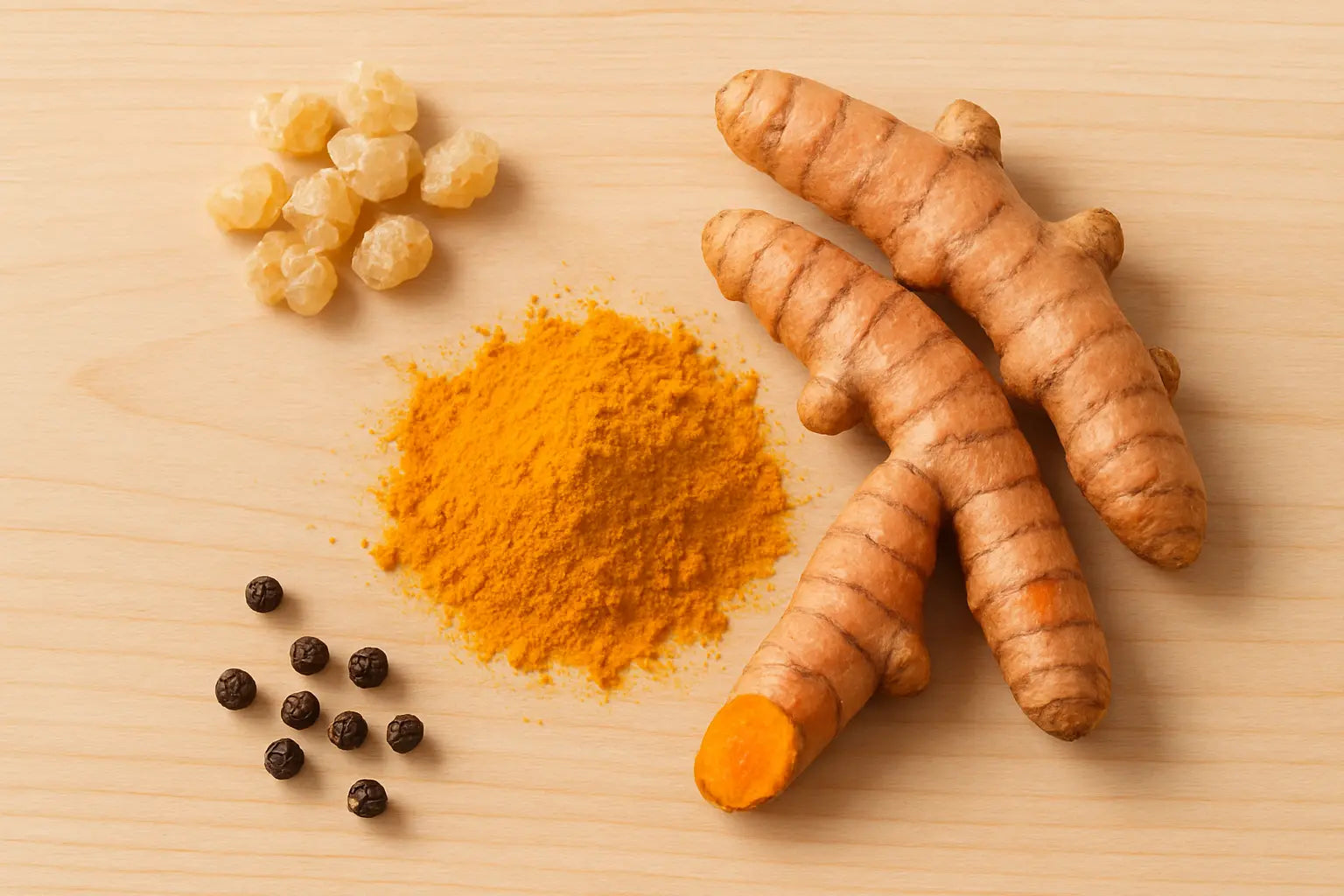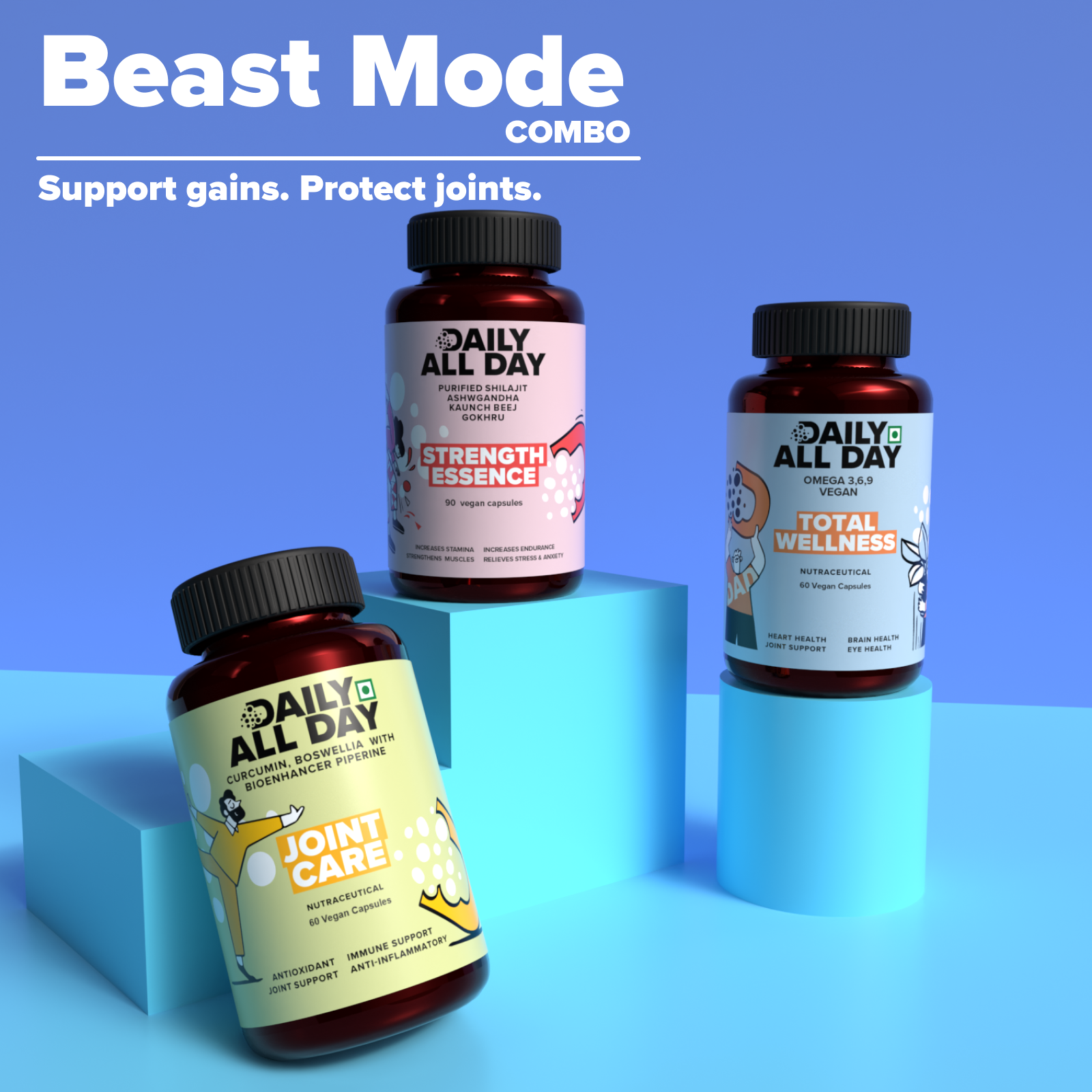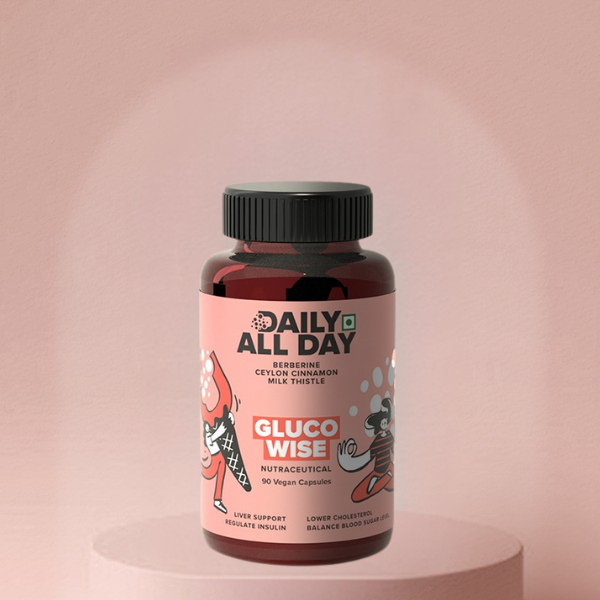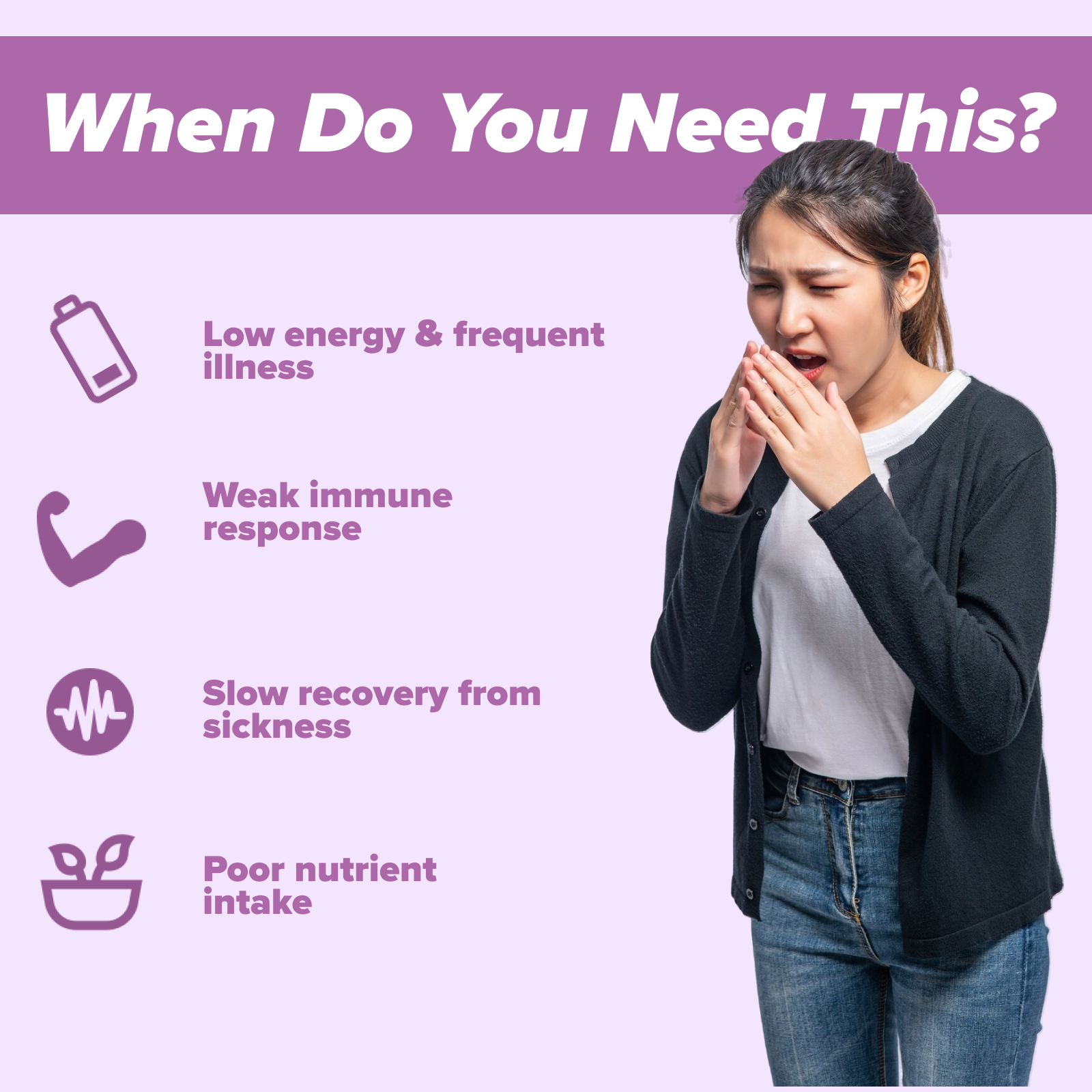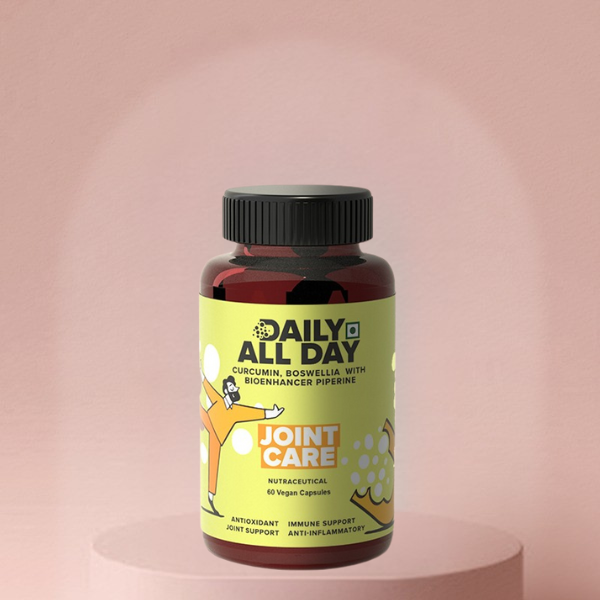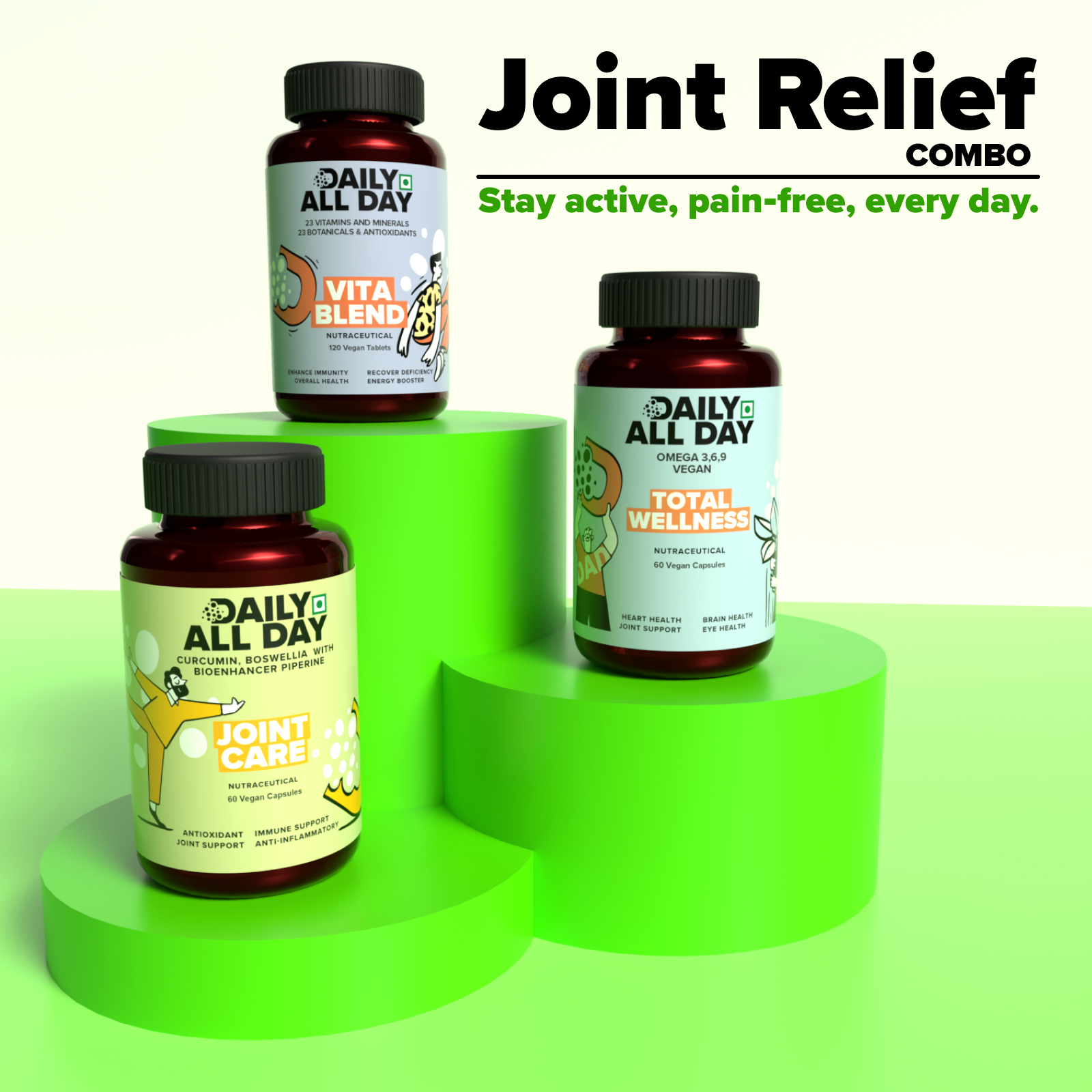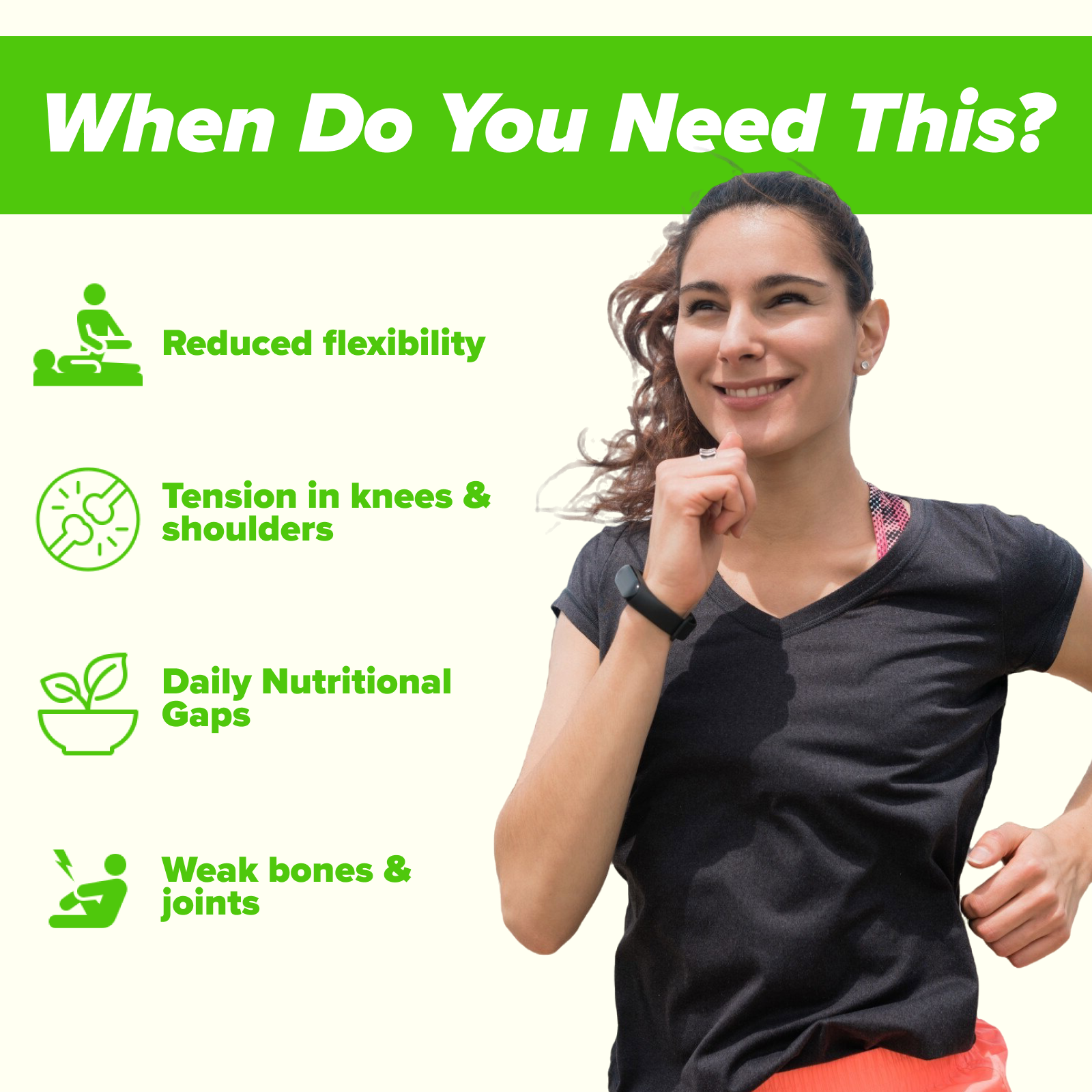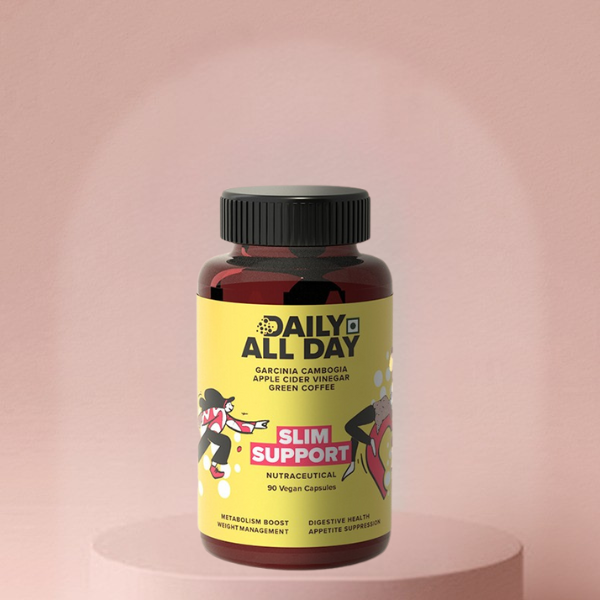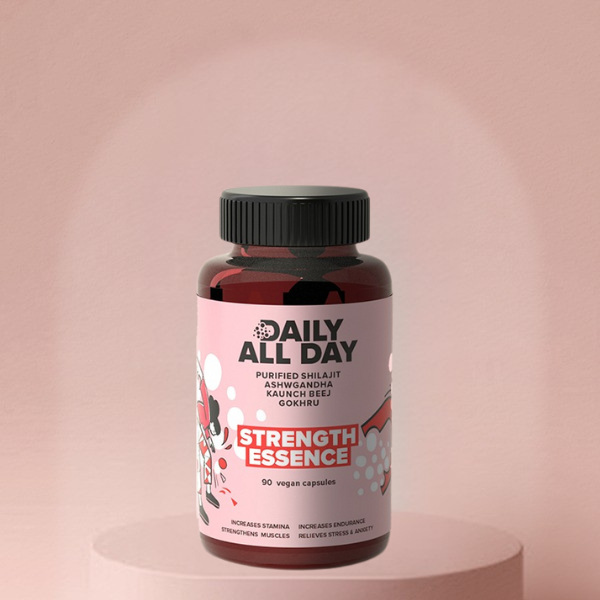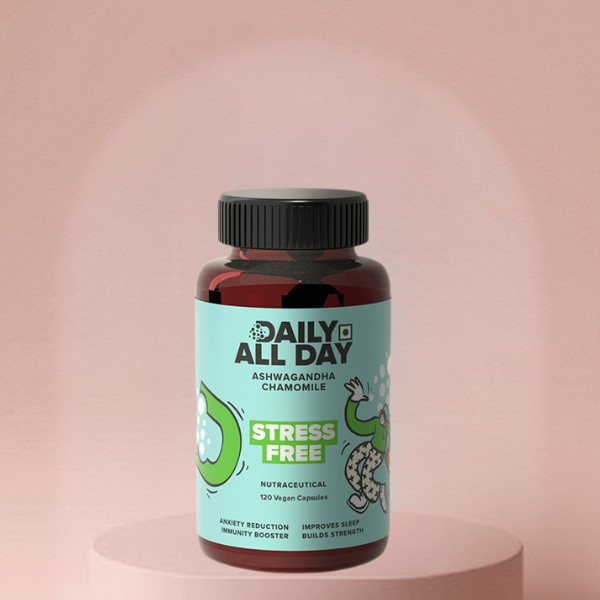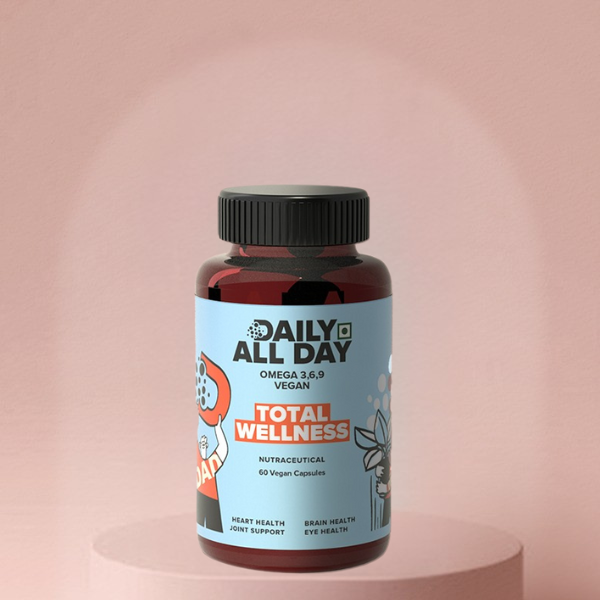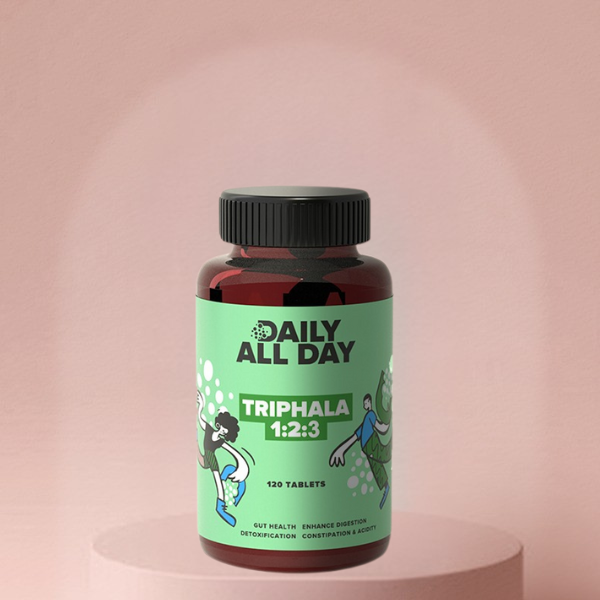Table of Contents
- The Barefoot Feeling: More Than Just Freedom?
- The Bright Side: Why Walking Barefoot Feels So Good
- The Hidden Dangers: Why You Should Think Before You Kick Off Your Shoes
- What People Are Asking: Insights from Quora
- Ingredients Deep Dive: Supporting Your Body from the Ground Up
- Daily All Day Joint Care: Your Defense Against Aches and Pains
- Daily All Day Slim Support: Lighten the Load on Your Joints
- Finding the Right Balance: How to Go Barefoot Safely
- Frequently Asked Questions
The Barefoot Feeling: More Than Just Freedom?
Remember being a kid on the first warm day of summer? The first thing you probably did was kick off your shoes and run into the backyard, feeling the cool, soft grass between your toes. There’s a special kind of freedom in that feeling. This simple act of walking barefoot, often called “earthing” or “grounding,” is making a comeback. People claim it helps with everything from stress to inflammation. But is it really as safe and beneficial as it feels, or are there hidden risks we’re not thinking about?
While connecting with nature is great, our modern world is very different from the soft, natural landscapes our ancestors walked on. We live on hard concrete, unforgiving tiles, and floors that can hide tiny dangers. So, what’s the real story behind going barefoot? Let's dig in and separate the facts from the fiction to help you keep your feet happy and healthy.
The Bright Side: Why Walking Barefoot Feels So Good
There's no denying the appeal of ditching your shoes. For many, it's about more than just comfort; it's a way to feel more connected and natural. Here are some of the potential benefits:
- Better Balance and Body Awareness: When you walk barefoot, your feet can feel the ground directly. This sends a ton of information to your brain, helping you improve your balance and awareness of your body's position.
- Stronger Feet Muscles: Shoes, especially very supportive ones, can act like a cast for your feet. Walking barefoot forces the small, intricate muscles in your feet and ankles to work harder, which can make them stronger over time.
- Improved Foot Mechanics: Going shoeless can encourage a more natural walking pattern. Some experts believe this can reduce the impact on your knees and hips compared to the heavy heel-strike that cushioned shoes often promote.
- A Sense of Grounding: Many people feel a sense of calm and well-being from walking barefoot on natural surfaces like grass or sand. This is the core idea behind the “earthing” movement.
The Hidden Dangers: Why You Should Think Before You Kick Off Your Shoes
That feeling of freedom can come at a price. Our feet are sensitive, and without protection, they are exposed to a world of potential problems. Here's a look at the not-so-great side of the barefoot trend.
- Pain and Structural Stress: Our homes are filled with hard, flat surfaces like tile and hardwood. Walking on these without any cushioning puts a lot of stress on your feet, especially the arch and heel. This can lead to painful conditions like plantar fasciitis, tendonitis, and even stress fractures. If you already have flat feet or high arches, going barefoot can make things much worse.
- Risk of Infections: Your bare feet are a magnet for germs. Public pools, locker rooms, and even your own backyard can harbor fungi, bacteria, and viruses. A tiny cut or scrape is all it takes for these germs to get in, leading to nasty infections like athlete's foot, toenail fungus, or plantar warts.
- Hidden Hazards on the Ground: The world is full of sharp objects! Splinters of wood, shards of glass, sharp rocks, or even a forgotten toy can cause painful puncture wounds. These injuries are not only sore but can also lead to serious infections if not cleaned properly.
- Burns and Temperature Injuries: Ever tried walking on pavement or sand on a hot summer day? It can get incredibly hot, leading to serious burns on the soles of your feet. Conversely, cold surfaces can be just as harmful over time.
What People Are Asking: Insights from Quora
People are curious and a little concerned about the barefoot lifestyle. Here are some common questions and answers sourced directly from Quora users:
-
Does walking around bare foot really get you sick?
Walking barefoot in public places like pools or gym locker rooms can expose your feet to fungi and bacteria. This can lead to infections like athlete's foot or plantar warts, especially if you have small cuts on your skin. So while you won't catch a cold, you can pick up a nasty foot infection. -
What dangers do you encounter going barefoot?
The most obvious dangers are stepping on something sharp—like glass, nails, or rocks—that can injure the bottom of your feet. Another risk is having something heavy dropped on your foot. Interestingly, some users noted that when you're barefoot, you tend to be more aware of where you're stepping, which can sometimes reduce the risk of injury. -
What diseases can you get from walking around barefoot?
You can pick up fungal infections (like athlete's foot), viruses (like warts), and bacteria. In certain parts of the world, especially tropical areas, you can even pick up parasites like hookworm through the soles of your feet. A tetanus shot is often recommended if you get a puncture wound.
Ingredients Deep Dive: Supporting Your Body from the Ground Up
Whether you choose to go barefoot or stick with shoes, taking care of your joints and overall health is crucial. The constant impact of walking can take a toll, but certain natural ingredients can offer powerful support.
Daily All Day Joint Care: Your Defense Against Aches and Pains
If you love walking barefoot on hard floors but hate the knee and back pain that follows, your joints are crying out for help. Our Daily All Day Joint Care is formulated with powerful Ayurvedic herbs to tackle inflammation and support joint health.
Key Ingredients:
- Turmeric Root Extract (Curcumin): This is the superstar of anti-inflammatory herbs. Curcumin, the active compound in turmeric, helps reduce the swelling and pain in joints that can come from overuse or conditions like arthritis.
- Boswellia Serrata: Also known as Indian Frankincense, this herb is a powerful anti-inflammatory that specifically helps reduce joint pain and supports the regeneration of cartilage, the cushion between your bones.
- Piperine (Black Pepper): This might seem like a simple spice, but piperine is a bioenhancer. It dramatically increases your body's ability to absorb curcumin, making the turmeric in the formula much more effective.
This supplement is 100% vegetarian, made with plant-based capsules, and certified for quality, ensuring you get safe and effective relief for your joints.
Daily All Day Slim Support: Lighten the Load on Your Joints
Did you know that every extra pound of body weight puts about four extra pounds of pressure on your knees? Managing your weight is one of the best things you can do for your joints. Daily All Day Slim Support is designed to help you do just that, naturally.
Key Ingredients:
- Garcinia Cambogia & Green Coffee Beans: This dynamic duo works to boost your metabolism and help your body burn fat more efficiently. Garcinia is also known for its ability to help suppress appetite.
- Apple Cider Vinegar (ACV): ACV is famous for aiding digestion and supporting healthy weight management.
- Triphala: A cornerstone of Ayurvedic medicine, Triphala is a blend of three fruits that gently detoxifies the body and promotes great digestive health. A healthy gut is key to a healthy metabolism.
By helping you manage your weight, this supplement indirectly supports your joint health by reducing the daily strain on your feet, knees, and back.
Finding the Right Balance: How to Go Barefoot Safely
So, should you swear off walking barefoot forever? Not necessarily! It's all about being smart and finding a healthy middle ground. Here’s how you can enjoy the benefits without the risks:
- Pick Your Surface Wisely: Stick to safe, natural surfaces like grass, sand, or soft dirt. Avoid pavement, rocky paths, or any area where there might be hidden dangers.
- Start Slow: If you're not used to it, your feet will need time to adapt. Start with just a few minutes a day and gradually increase the time as your feet get stronger.
- Keep Your Feet Clean and Inspected: After any barefoot adventure, wash your feet thoroughly with soap and water. Check them daily for any cuts, scrapes, or splinters, and treat them right away.
- Listen to Your Body: If your feet, ankles, or knees start to hurt, it's a sign to stop and put on some supportive footwear. Don't push through the pain. This is a clear signal that the barefoot debate has a clear winner for your body in that moment: shoes.
Frequently Asked Questions
- 1. Is it okay to walk barefoot in my house?
- Yes, it's generally safe to walk barefoot in your own clean home. However, be aware that prolonged walking on hard surfaces like tile or hardwood without any support can still lead to foot fatigue, heel pain, or strain on your joints over time. If you experience discomfort, consider wearing supportive slippers or house shoes.
- 2. Can walking barefoot really make me sick?
- You're unlikely to catch a cold or flu, but you can definitely get sick from infections. Bare feet can pick up fungi, viruses, and bacteria from surfaces, leading to conditions like athlete's foot, plantar warts, and bacterial infections, especially if the skin is broken. This risk is highest in public, damp areas like pools and locker rooms.
- 3. Does going barefoot actually strengthen your feet?
- Yes, it can. Walking barefoot on soft, uneven surfaces like grass or sand forces the small muscles in your feet to work harder to stabilize your body. This can lead to stronger, more flexible feet and may improve your overall balance and posture.
- 4. What are the biggest risks of walking barefoot outside?
- The biggest risks are physical injuries and infections. Puncture wounds from stepping on sharp objects like glass, nails, or thorns are a major concern. There is also the risk of burns from hot pavement, and exposure to bacteria and fungi that can enter through small cuts in your skin.
- 5. How can I protect my joints if I like walking barefoot?
- To protect your joints, limit barefoot time to soft, natural surfaces. Avoid hard, unforgiving surfaces for extended periods. Additionally, supporting your joint health from within is a great strategy. A supplement like Daily All Day Joint Care, which contains anti-inflammatory ingredients like Turmeric (Curcumin) and Boswellia, can help manage inflammation and reduce the pain associated with joint stress.

Finding Your Footing: The Final Word on Barefoot Walking
Walking barefoot can feel incredibly liberating, connecting us to the earth in a way that shoes just can’t. It has its perks, like strengthening the tiny muscles in your feet and improving your balance. However, as we've explored, this freedom comes with a set of risks that you shouldn't ignore. From painful cuts and nasty infections to long-term joint strain from unforgiving hard surfaces, the dangers are real. The key isn't to lock your shoes away forever or to never feel the grass between your toes again. It's about finding a smart balance.
Be mindful of where you walk. Choose soft, natural, and safe surfaces like your own clean backyard or a sandy beach. Always be aware of your surroundings to avoid hidden dangers. And most importantly, listen to your body. If you feel pain in your knees, back, or feet, it might be a sign that your joints are taking a hit from the lack of support. This is where giving your body some extra help from the inside can make a world of difference.
For those aches and pains, consider a natural supplement like Daily All Day Joint Care. Its powerful blend of Turmeric and Boswellia is designed to fight inflammation and support cartilage, giving your joints the resilience they need. Similarly, maintaining a healthy weight with the help of Daily All Day Slim Support can significantly reduce the overall stress on your joints. By making informed choices and supporting your health holistically, you can enjoy the simple pleasures of life—like a barefoot walk in the park—without paying for it later.

